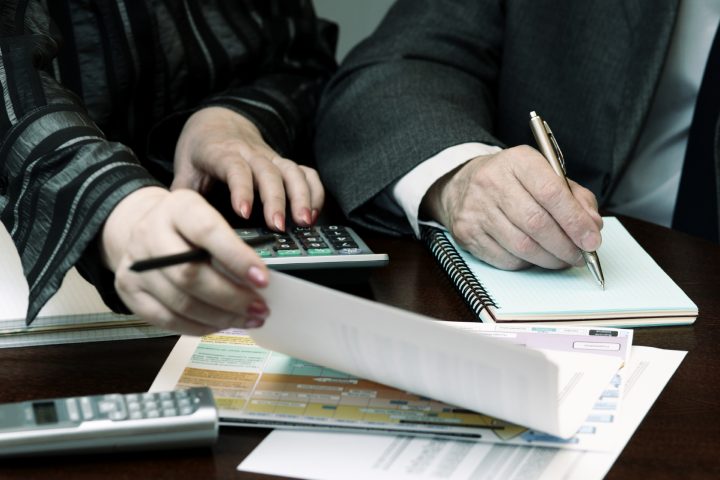The average consumer must be wary of going into debt. It’s all too common in the world we live in these days. There are so many distractions which keep us from finishing goals, or even setting them. Furthermore, if we want to be successful and keep our head above water, there are some things we should keep in mind. Energy efficiency not only has a greater place in the world, but also in our pocket books. Here I’ll take you through some tips designed to keep you out of debt, and in greater line with Mother Nature.
Save Money On The Power Bill:
Engaging in energy saving programs can save you money. Xcel energy in Minnesota told power subscribers that lower rates would’ve offered to for those who use below average kilo-watt hours, or find ways to cut energy use. Now this may seem like a no brainer, but the proposal aims at helping customers who truly engage in energy efficiency on a higher level than someone who decides to do their laundry at a later hour than peak use. While the jury is out on whether it helps conserve energy, it is in full effect, and residents are able to save on their power bill. You don’t have to live in Minnesota to practice this though, you too can simply remember to use less energy and save some cash as well.

Steering Clear of Debt:
Of course you can get yourself into trouble here, spending and being unable to pay your power bills. Hopefully the rents paid, but some of us put our energy bills on the back burner until it’s too late. The power companies will go after your credit too. If you leave this phone off the hook two things could happen. If you don’t pay you could get the power turned off, or you could suffer large overage prices. If you get into a bad situation, you can always consider negotiating prices with them or having a debt review firm do it for you. Whatever you do,
Sustainable Living Practices:
What kinds of fixes can you make to your home that hasn’t been optimized? Make a checklist and consider what you can do to make a difference. Some of these are quick fixes. Is there a leaky faucet? Do you really need that extra trash can? Consider saving glass and making a quick run to the glass drop-off once every other month. Your personal spending habits are important as well. Consider your commute to work every day, perhaps you could bike a few times a week and save on gas. Also, by choosing to buy used goods and not brand new ones, not only are you buying something that didn’t have to be fabricated with all new material and thus wasting potentially good products, but you are obviously saving yourself from spending more. Speaking of spending in the right place: when you dine out, choose local, and support restaurants that maintain a “least-waste” attitude and give back to the community. While it may not be obvious at first, helping your local economy puts money back in your pocket, rather than shipping it out across the country, or globe.

